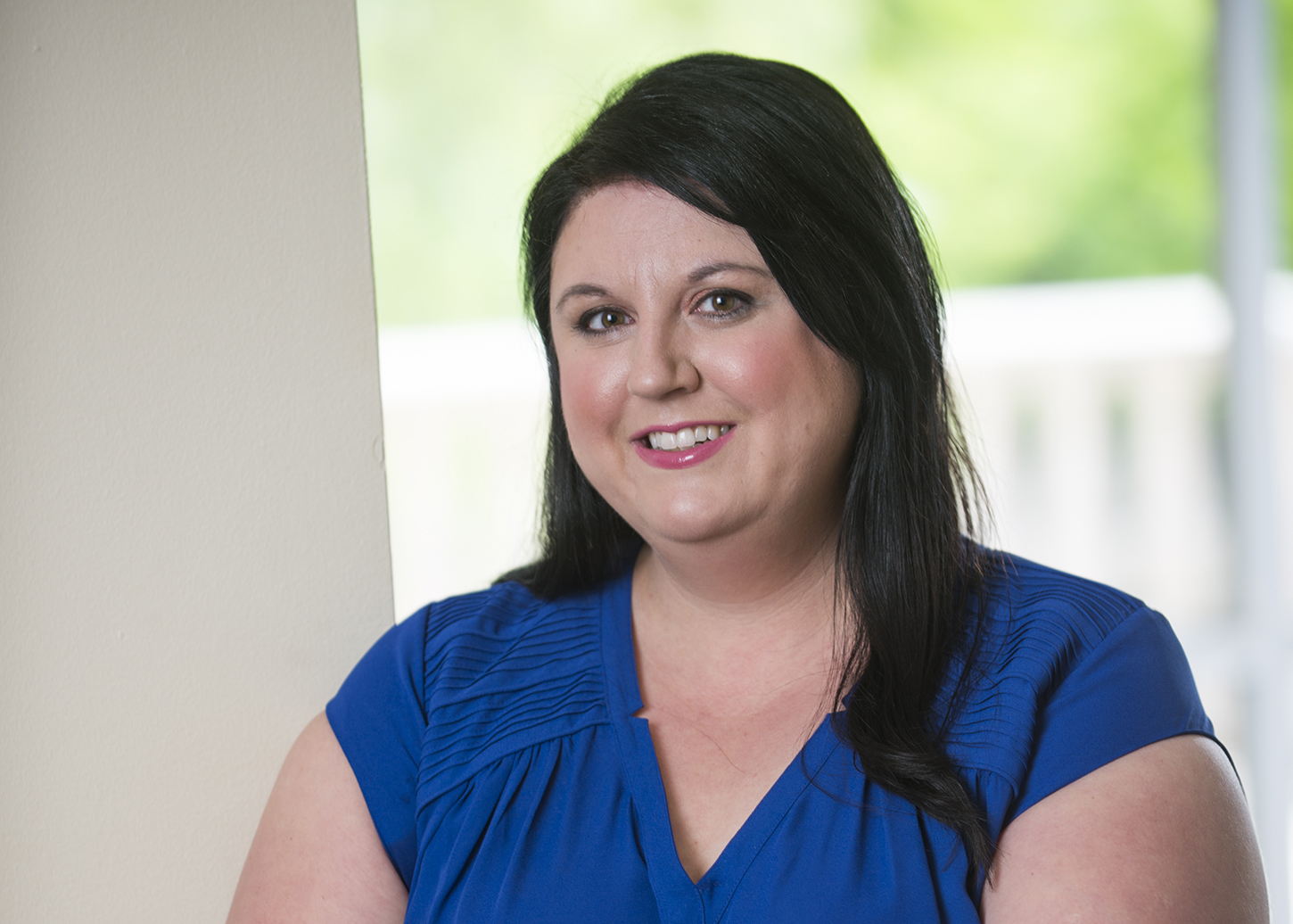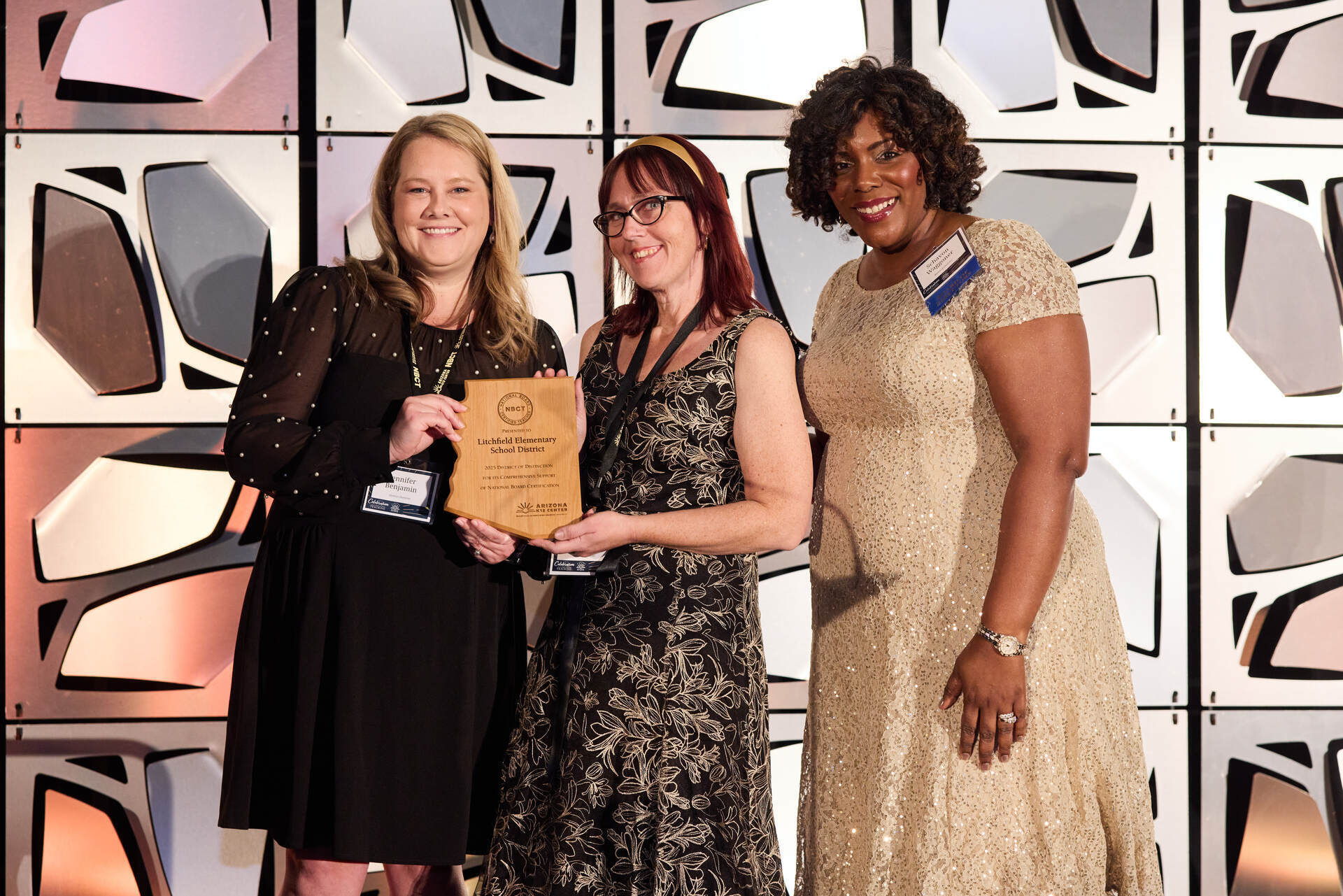August 6, 2018
Lost Touch or Life Lesson?
No matter how long we’ve been teaching, there are lessons that are harder to learn than others. Read to remember why the unforeseen results of our actions can often make the greatest impact.
"I don’t think I can do this book review," said one of the most curious and eager-to-please students in September.
I was confident that I could easily solve whatever obstacle she was facing, so I asked, "What's going on?”
"It's just I don't like reading,” she said, simply. “You can't help."
This was an easy one. For years, I've prided myself in transforming non-readers into bookworms. "Maybe you're reading the wrong book. I can help you find something you like more," I said.
As expected, my student was adamant. She was sure she would not like any book I recommended, but she answered the questions I asked and was willing to try one of the books I suggested.
In the days that followed, she told me how much she liked this new book. But when a month passed and she was only on page 32, I started to question her. She conceded that she did not really like the book, and she reiterated that she simply hates reading. As she predicted, weeks earlier, she did not turn in her book review. Her grade suffered. I recommended a couple more books, but her resistance increased with each recommendation. I tried to encourage her, scare her, nag her, guilt her. None of it worked.
I was annoyed with her resistance, but by far, my strongest feeling was defeat. I kind of panicked that a new generation of kids might all hate reading. A nagging thought plagued me: Perhaps I had lost my ability to inspire students to love reading. That felt personal, and the fear hurt.
In defeat, I ended up doing the best thing I could have ever done. I let go and backed off. When she saw the zero on her missing book review, she was visibly angry. She stopped smiling in class. She no longer engaged with me when I greeted her at the door. I pushed and insisted I knew her enough to change her perspective, and she was not going to let that go.
But as time went on, and I continued to show my student small acts of kindness, things slowly changed. Every day, I greeted her by name. I asked about her family. I encouraged her to express her ideas in class. One day in December, we sat near each other in an assembly. She made some funny comments, and I laughed with her. That day in class, she smiled again.
Two days later, she walked into my classroom at lunch holding a book with a bookmark about one third of the way through. She proudly told me how she found a book she loved, and then proceeded to fill me in on the suspenseful plot. Within the next two weeks, she smiled more, and she read more. She’s since finished the book and two others.
Although I had to deal with my lack of confidence, she ultimately did it all herself. She pushed through her own reluctance. She is proud of herself and her new identity as a reader. The cherry on top is I learned some lessons too.
- Desist. As important as it is to be consistent with our expectations for students, sometimes we have to back down. This might look like turning a blind eye to a tardy or a mild infraction, showing a student grace on a late assignment, or letting up with the well-intentioned pressure we put on students, while still allowing the natural consequences of their choices to play out.
- Practice kindness. Sometimes, as educators, we are doing all of the right things. These things have worked in the past, and they’ll likely work in the future. Some students and situations just take more time. Rather than giving in to frustration or self-doubt, let's continue filling our students up with genuine care and kindness.
- Be patient and open minded. Remember that a strategy or an act of kindness might not immediately yield results, but it wasn’t useless. Even if it didn’t work the way we wanted it to, we might still impact our students. Sometimes it just takes longer to realize. This example is tidy because we came to a happy ending, but it didn’t feel tidy in November. And sometimes, it takes years before a seed we’ve planted will blossom.
I had hoped to play a central role in this solving this problem. In trying so hard to be, I think I pushed her farther from it. In the end, she sought out her own solution, in her own time. It’s not what I had hoped for, but honestly, it worked out for the better.











